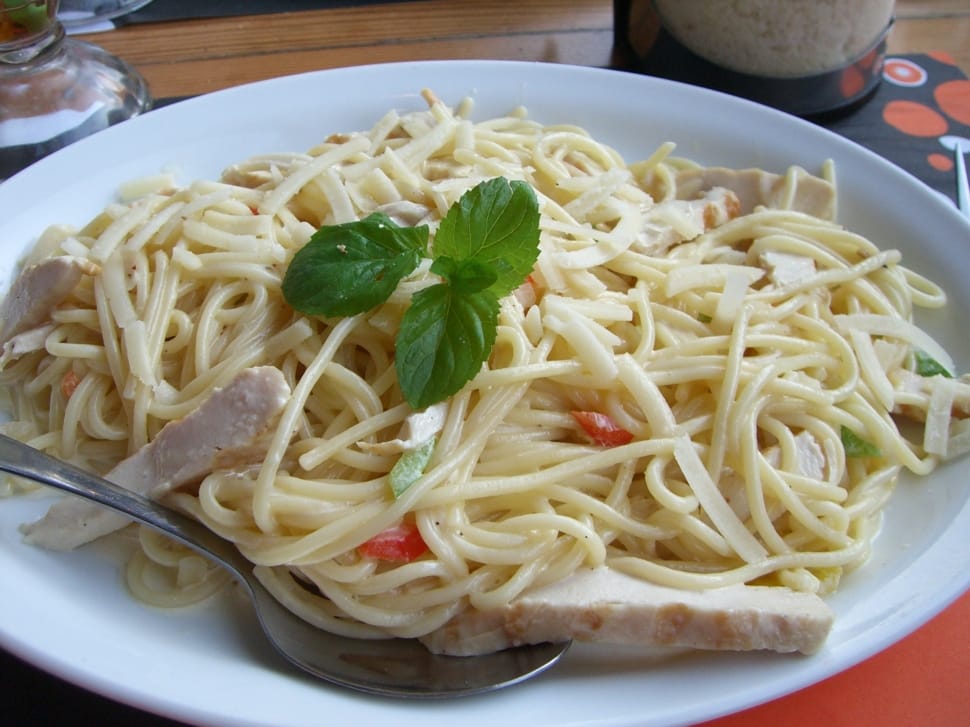
Post-Game Nutrition: Recovery Strategies for Soccer Players to Replenish and Repair
After a tough training session or match, your body needs to replenish its energy stores and repair any damage so that you can repeat the same level of performance again in the coming days!
This is where your immediate post-game nutrition becomes so important, and the timing is crucial.
Your body is most receptive to absorbing nutrients within 30 minutes to an hour after exercise. This window of time is when your muscles are primed for glycogen replenishment and muscle recovery, therefore your first aim should be to consume a meal or snack containing a mixture of carbohydrates and protein as soon as possible after leaving the pitch.
A key concept in post-game nutrition is the Glycaemic Index (GI). The GI measures how fast carbohydrates in food are digested and enter the bloodstream (if you google "Glycaemic index", you will find a list of food options to choose from with their different GI scores).
Consuming high GI carbohydrates after exercise will help replenish glycogen stores in your muscles quicker, and given that your muscles are like a sponge within the first hour post-match, it makes sense to also pair that window with some high GI food sources to maximise muscle glycogen replenishment within that period.
This could even be a smart time to satisfy any cravings by utilising some high GI foods which are normally classed as "junk foods" or "cheat meals" (chocolate milk is a popular and affective option), alongside healthier more nutritious foods.
However, it can take up to 24-48 hours to fully restore glycogen stores back to maximal levels, so as important as it is to utilise that optimal 1 hour window post-exercise, you should continue consuming a combination of medium and low GI carbs, proteins and fats (ideally from nutritious, whole food sources) throughout that time frame and leading up to your next session.
As you probably know, protein is an essential nutrient for muscle recovery and repair after matches. Protein sources like lean meats, fish, eggs and vegetables are not only rich in protein but also contain Branched Chain Amino Acids (BCAAs) - leucine, isoleucine, and valine - which are crucial for muscle recovery. BCAAs are essential amino acids that are not produced by the body, so they must be obtained through the diet.
Interestingly, consuming protein alongside carbohydrates has also been found to maximise protein synthesis, so it makes sense to consume snacks/meals which contain protein, carbs and fats rather than just focusing on one, as they all play a key role in recovery and will ensure you're ticking the most boxes to optimise the recovery process.
With that said, healthy fats also play an important role in post-game recovery. Research has shown that omega-3 fatty acids, which are found in fatty fish like salmon and nuts like almonds, can help reduce inflammation and improve joint health. So, go ahead and sprinkle some nuts on your post-game salad or grill up some salmon!
Last but by no means least when it comes to nutrition, re-hydration is obviously a crucial aspect of your post-game recovery. Be sure to drink plenty of electrolyte containing fluids post-match to replace the electrolytes lost through sweat and maximise fluid uptake. You should aim to reach a point where your urine is a clear colour again as soon as possible.
Finally, let's talk about sleep. Research has shown that during sleep, growth hormone levels increase by as much as 300%! This is crucial for muscle growth and repair.
Aim for at least 7-8 hours of sleep per night, if you have a late game or training session and an early wake up, try to schedule your day so that you have time for a nap if at all possible.
If you'd like a customised meal plan designed for you which also covers all of your match day meals, be sure to click the linked text above for details.
...This is also included in our Elite Programme alongside daily access to your personal nutrition coach.
If you'd prefer to teach yourself, our Football Nutrition Guide is the one to go for.

Leave a comment